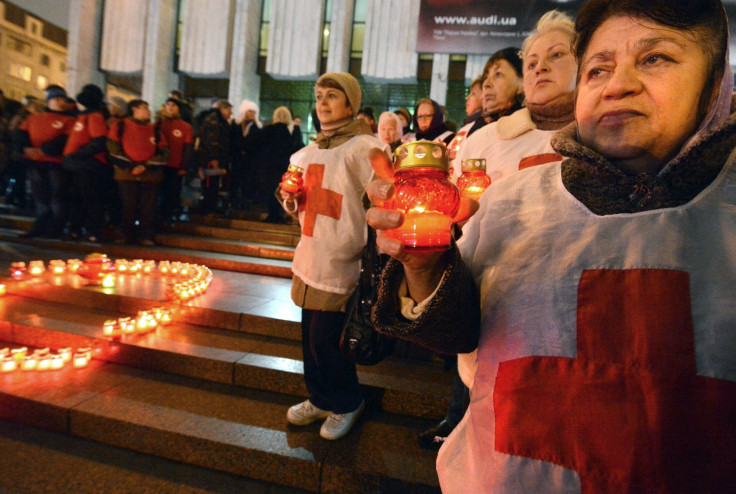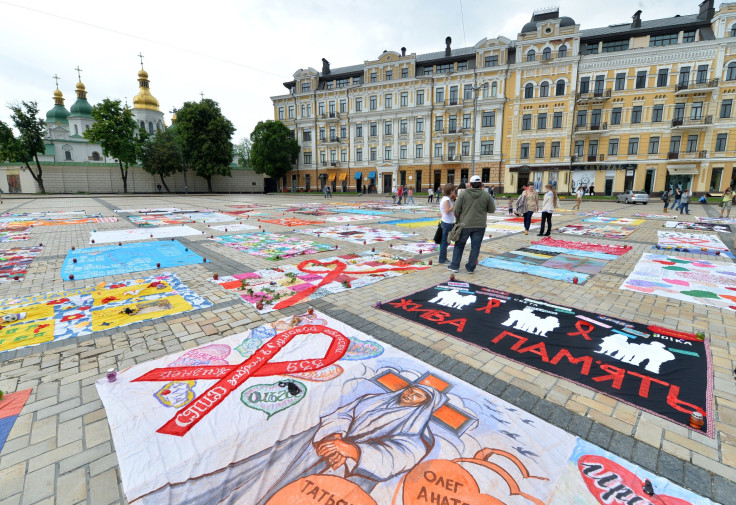Ukraine HIV Travel Ban: Kiev Lifts Restrictions For HIV-Positive People

Ukraine announced Wednesday it has lifted its ban on entry and foreign travel for HIV-positive people, Agence France Presse reported. The former Soviet-ruled state hopes the policy change will help improve its relations with Europe.
The European Union demanded the repeal of the ban, which has lasted 14 years, during its ongoing visa-free travel talks with Ukraine. Kiev currently aspires to strike a deal for an unrestricted travel agreement with Brussels next year, and hopes to apply for EU membership by 2020.
The ban was repealed in June and applies to Ukrainian citizens traveling abroad and for foreign citizens entering the country, said Ukraine’s deputy health minister Igor Pereginets. Ukraine now joins the 140 other progressive nations that have lifted similar bans, the office of Ukraine’s human rights commissioner Valeriya Lutkovska’s said in a statement on Facebook. The statement said the decision to lift the restriction was “a significant step forward in our defense of human rights.”

Ukraine, home to about 40 million people, has one of Europe’s highest HIV infection rates. The country had 290,000 people in 2014 living with HIV, the Joint United Nations Program on HIV and AIDS (UNAIDS) estimated, and 15,000 deaths due to the infection. Roughly 290,000 adults 15-years-old and up were HIV-positive and 6,800 of HIV-positive people in Ukraine were under the age of 14. The country’s HIV prevalence rate for adults ages 15 to 49 was the same as Ethiopia’s and higher than the Democratic Republic of Congo’s at 1.2 percent. Despite this, UNAIDS congratulated Ukraine for being the first country in eastern Europe to reduce the rate of HIV infections from 2001 to 2012.
Countries that completely bar HIV-positive people from entering include Brunei, Oman, Sudan, United Arab Emirates and Yemen.
© Copyright IBTimes 2024. All rights reserved.






















